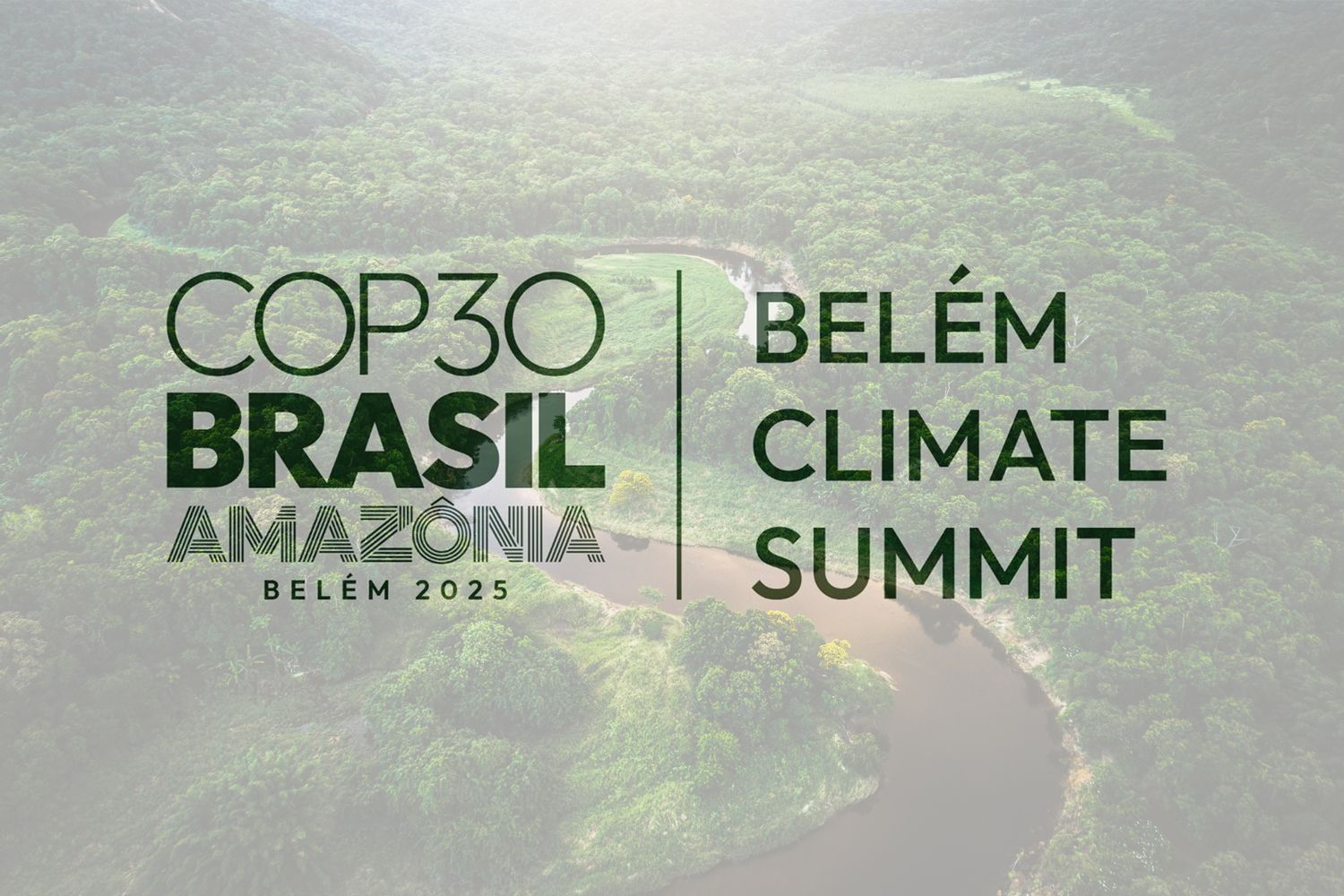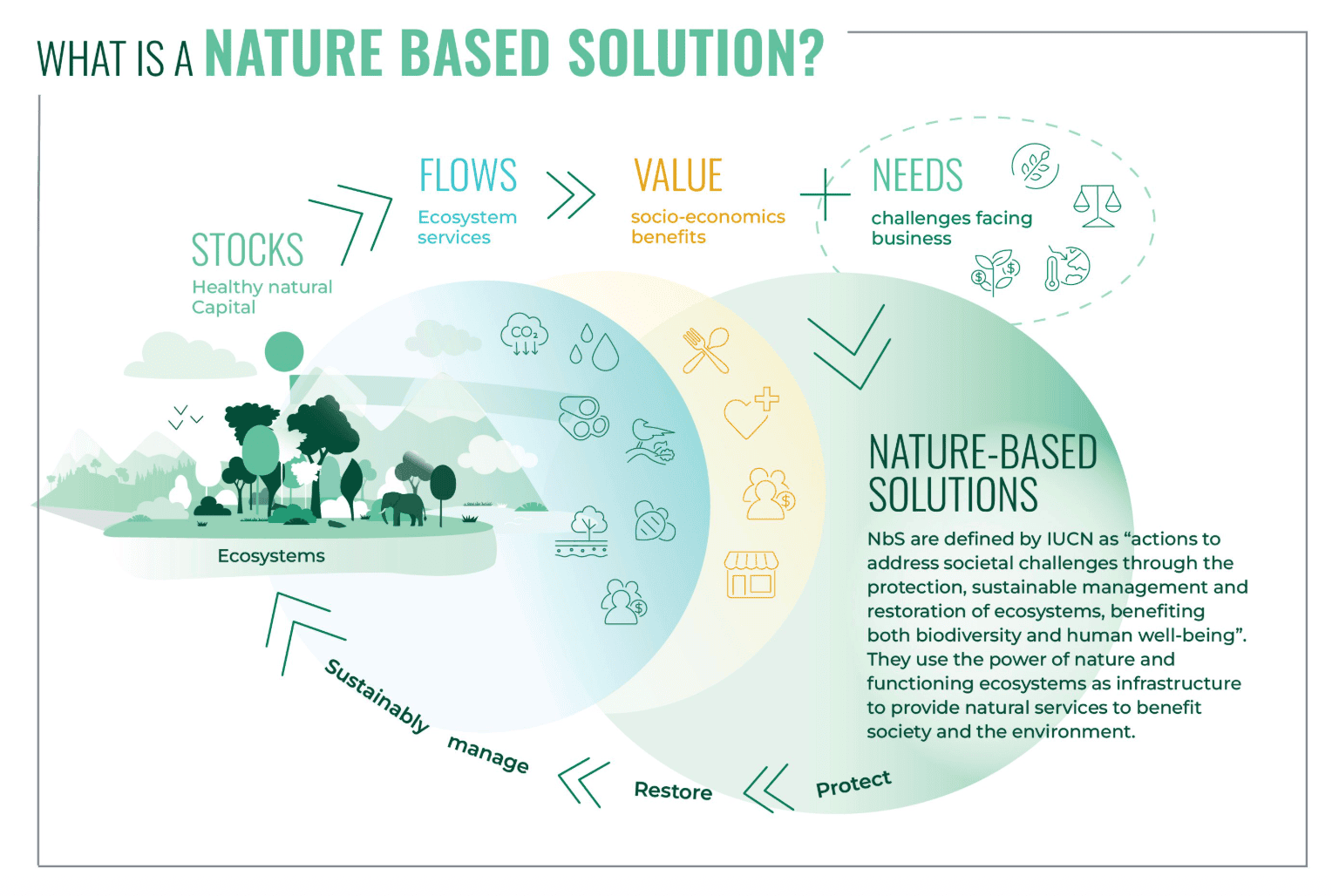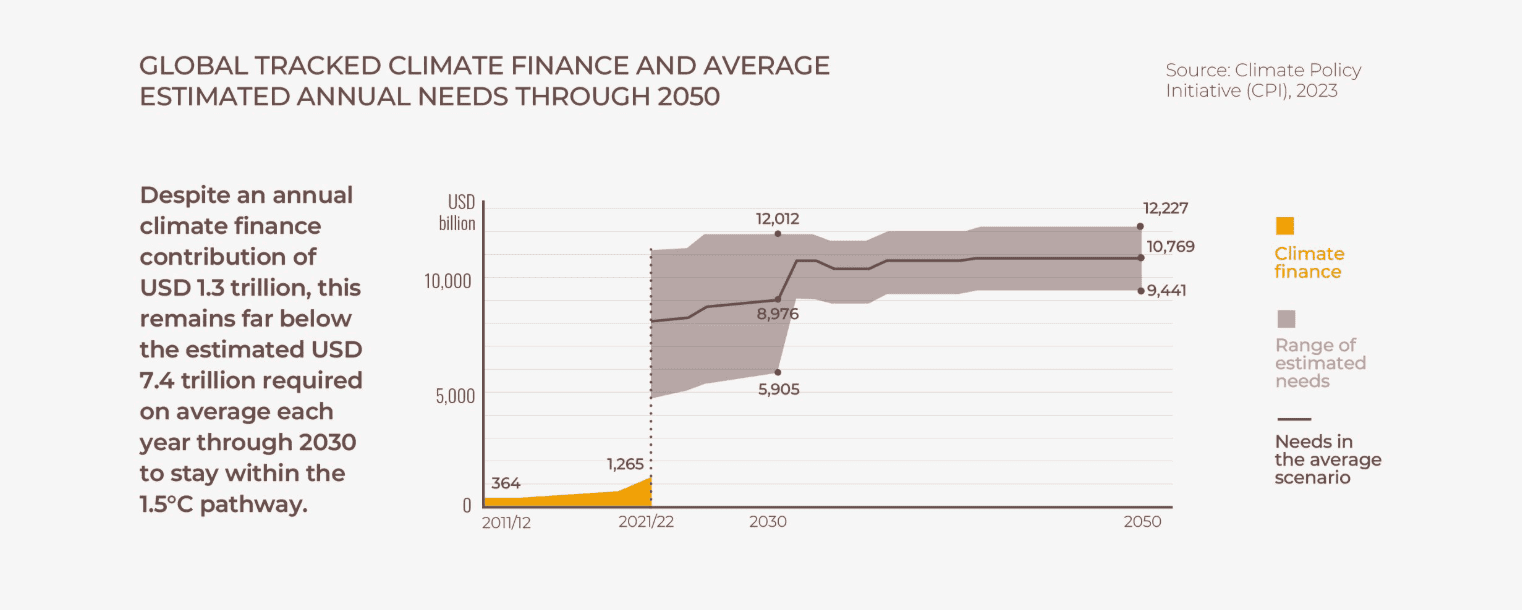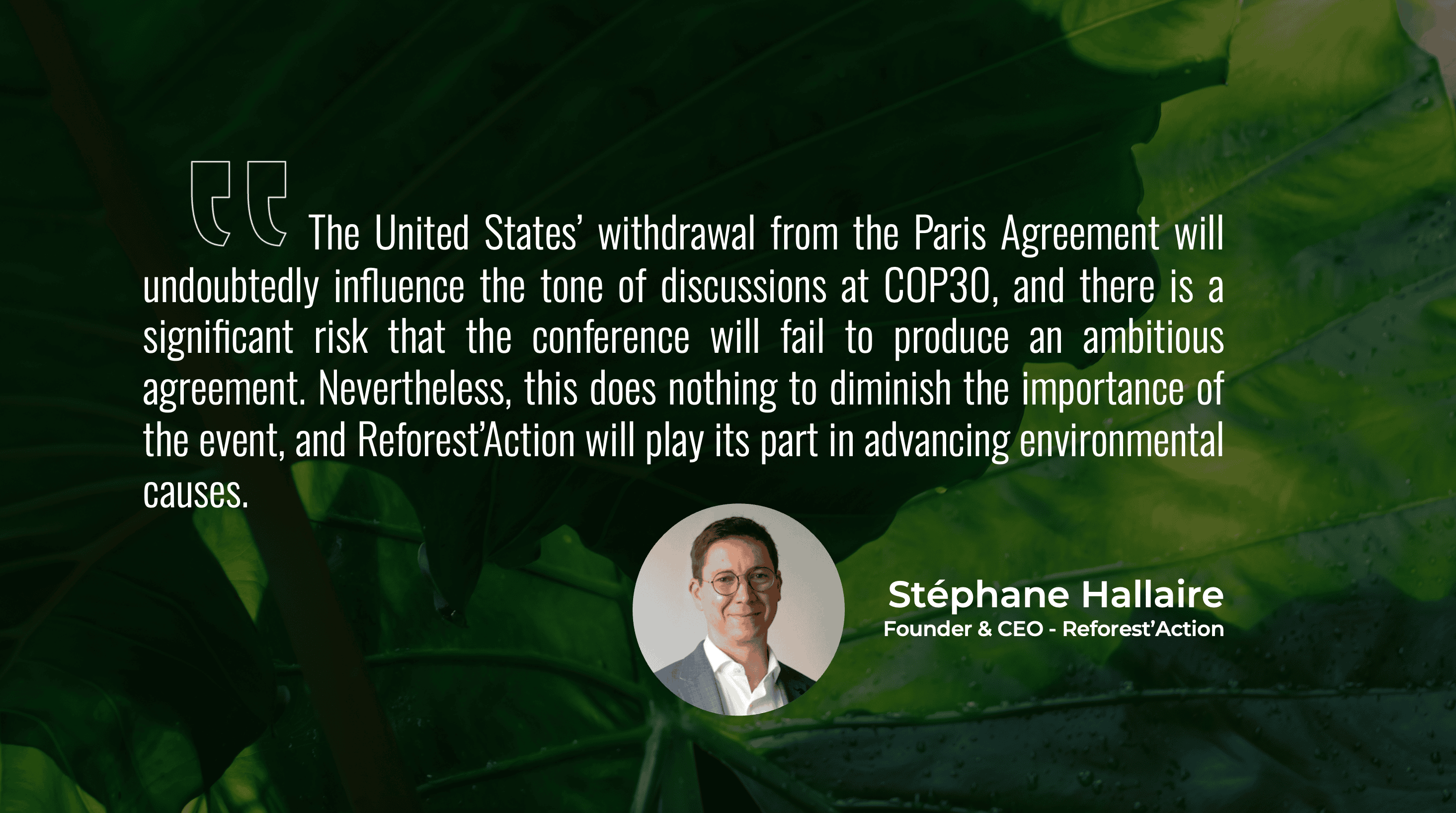From November 10 to 21, 2025, Belém—the gateway to the Brazilian Amazon—will host the 30th Conference of the Parties (COP30) to the United Nations Framework Convention on Climate Change (UNFCCC). For Reforest’Action, this edition must mark a turning point and drive the implementation of concrete solutions. Ten years after the Paris Agreement, COP30 offers a unique opportunity to place Nature-based Solutions at the heart of the global response to the climate and biodiversity crises.

A global context of climate emergency
In 2024, the global average temperature was 1.55°C higher than in the pre-industrial era, even though the 196 signatories of the Paris Agreement pledged to limit temperature rise to 2°C—or ideally 1.5°C—by 2100, in order to prevent the Earth from reaching irreversible tipping points.
In the face of mounting climate disruptions—ranging from global warming and shifting rainfall patterns to the intensification of extreme weather events—as well as delays in implementing Zero Deforestation commitments and the persistent lack of funding for the protection and restoration of natural ecosystems, COP30 aims to position itself as a “COP of implementation.”
The objective is clear: to accelerate the concrete translation of climate pledges into national policies and local actions. The Brazilian presidency has already called for “a new alliance between humanity and nature,” echoing Reforest’Action’s mission to promote the large-scale deployment of Nature-based Solutions.
According to the IPBES, such solutions could represent up to 37% of the climate change mitigation measures needed by 2030 to keep global warming below 2°C—provided that all stakeholders are actively involved.

Ecosystem restoration at the heart of climate pathways
Within the agenda of upcoming discussions, COP30 is expected to place a strong focus on degraded ecosystems and deforestation-related challenges, while integrating ecosystem restoration into countries’ Nationally Determined Contributions (NDCs). These NDCs, which embody each nation’s efforts to reduce emissions and adapt to climate change impacts, must be updated before 2030.
For the first time, the talks in Belém are also expected to address the global assessment of natural carbon sinks, in order to evaluate their true contribution to achieving planetary carbon neutrality. The goal: to recognize natural ecosystems not only as carbon sinks, but as full-fledged solutions to today’s societal challenges, such as:
- Reducing natural disaster risks
- Fostering socio-economic development
- Ensuring food security
- Securing water and energy supply
- Promoting health and well-being for all
- Helping territories adapt to climate change
- Mitigating its effects on populations (rising sea levels, wildfires, heatwaves, etc.)
As Nature-based Solutions remain a key lever for helping societies adapt to climate change, the establishment of indicators for the Global Goal on Adaptation (GGA)—adopted during COP28—will also be a major topic in Belém. These indicators aim to track and measure countries’ progress in adapting to increasingly extreme weather events.
Mobilizing funding commensurate with the environmental emergency
In Belém, the international community will also discuss new mechanisms to strengthen financial flows toward Nature-based Solutions — including climate funds, public-private partnerships, high-integrity carbon markets, and incentives for sustainable forest management.

In this regard, Reforest’Action advocates that carbon credits generated from restoration efforts should not be viewed merely as offsets. Carbon finance must operate within frameworks of integrity and transparency, ensuring tangible environmental, social, and economic benefits.
Including local communities to develop tailored and lasting solutions
As host country of COP30, Brazil has made social inclusion and the recognition of Indigenous peoples a cornerstone of its presidency. Reforest’Action shares this conviction: restoration can only succeed when driven by local stakeholders. Projects must be co-created, respect land rights, and generate shared benefits. COP30 will therefore be an opportunity to highlight the importance of monitoring, capacity-building, and inclusive participation of Indigenous peoples, local communities, and women in ecosystem restoration initiatives.
Strengthening nature-based value chains
Discussions in Belém will also address the sustainability of food systems and the urgent need to transition from conventional agriculture to regenerative practices. As natural resource shortages and extreme weather events rank among the top five environmental risks of the coming decade, the development of regenerative agriculture—built on three complementary pillars (crop management, soil management, and agroforestry)—offers a unique opportunity to tackle environmental challenges while securing raw material supplies and supporting food security.
Transparency and impact measurement: the keys to responsible implementation
A cross-cutting priority of COP30 lies in the measurement and transparency of results. To accelerate and scale up the implementation of high-quality Nature-based Solutions, robust tools are needed to monitor the stability and health of restored ecosystems. Impact measurement is therefore essential to track and demonstrate the outcomes and benefits of these solutions for the climate, biodiversity, and local communities.
This priority echoes Reforest’Action’s impact management approach, designed to meet both project development needs and investor expectations—particularly in terms of transparency and traceability.
COP30 is taking place in an emergency context and must encourage the development of Nature-based Solutions to help meet the United Nations Sustainable Development Goals (SDGs) and direct greater funding toward ecosystem restoration. At the same time, reducing anthropogenic CO₂ emissions by 43% by 2030 remains more crucial than ever to combat climate change. In the lead-up to COP30, would you like to discuss your climate strategy with our experts and explore Nature-based carbon credits as part of your approach? Click here to get started!
